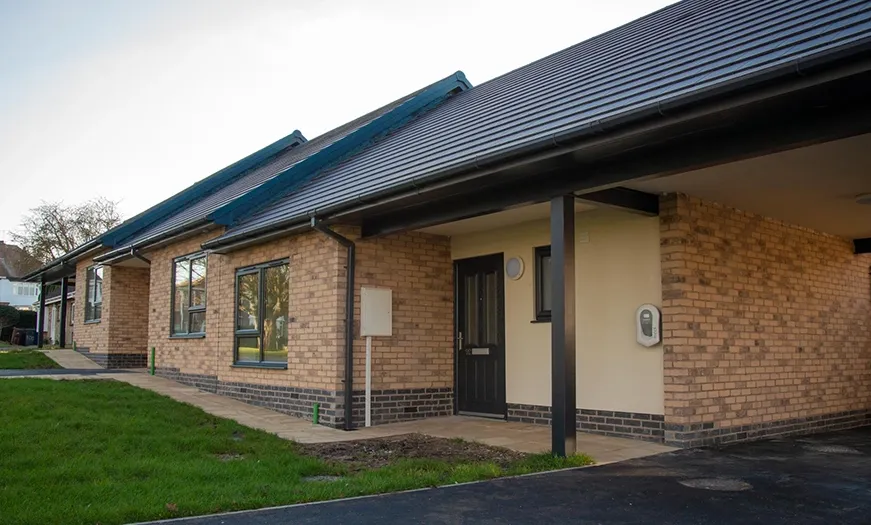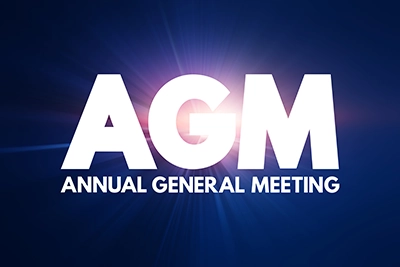CWAG Newsletter – March 2024
This Update includes the following

Right to Buy Receipts and the Budget
The recent Budget included details of arrangements for the coming year covering the use of Right to Buy receipts to fund replacement affordable homes.
On the positive side, the Government has responded to calls for increased flexibility around the proportion of Right to Buy receipts that can be used as part of the funding package to deliver replacement homes. Local authorities will now be able to use a higher percentage of Right to Buy receipts, up from 40% to 50% of scheme costs, a change that should assist scheme viability and funding pressures.
However disappointingly there will be no extension of the temporary arrangement allowing councils to keep 100% of the Right to Buy receipts from council house sales in 2022/23 and 2023/24. This will now come to an end this month and receipts generated from sales in 2024/25 will be subject to a 20 -25% clawback by the Treasury, reducing resources and scope to deliver replacement homes.
Other regulations limiting the proportion of replacement homes that can acquired as acquisitions have been retained at 50% until 2025/26. Longer term the Government wants to see a balance between the delivery of new build homes using Right to Buy receipts and acquisitions, to ensure that Right to Buy receipts contribute to new housing supply.
Final version of RSH consumer standards published.
On 29th February the Regulator of Social Housing (RSH) published a series of documents setting out the final arrangements for Consumer Regulation which will come into effect on 1 April 2024. A detailed summary of the new approach to regulation is set out in the publication Reshaping Consumer Regulation – our new approach. Guidance explaining how the new regulatory arrangements will operate, including inspections, is set out in a collection of documents available on the ‘How we regulate’ page on the Regulator’s website.
The four revised consumer standards are:
Safety and Quality Standard – Sets outcomes about the safety and quality of tenants’ homes and the landlord services they receive.
Transparency, Influence and Accountability Standard – Requires landlords to be open with tenants and treat them with fairness and respect so they can access services, raise concerns and influence decision making, holding their landlord to account.
Neighbourhood and Community Standard – Requires landlords to work constructively with other organisations to help ensure tenants live in safe neighbourhoods.
Tenancy Standard – Sets outcomes about how landlords allocate and let homes and manage tenancies.

Recent Publications
The economic impact of building social housing – Report by Centre for Economic and Building Research (CEBR)
This NHF and Shelter commissioned report sets out the arguments in favour of building social housing and forms part of the pre-election debate around housing policy. Based around scenario modelling the report tracks the economic, social and employment benefits of building 90,000 new social homes per year over a 10 year period. According to the researchers, significant benefits would accrue from the start of the programme with projections indicating that the programme would break even in the third year post construction achieving a net present value of £2.4 billion. Download Executive Summary
Local Housing Allowance – What can Claimants Afford? – Savills Research
Research by Savills analysed over one million Zoopla asking rents in 2023 and concluded that only 8.5% of homes listed would have been affordable using the new uplifted LHA rates. From April LHA will increase on average by 17%, or £110 more per month, compared to when rates were last increased in April 2020. However, in the 4-year period private up to November 2023, private rents have grown on average by 29% across the UK suggesting that those reliant on housing benefit will continue to struggle. The report highlights the wider problem of affordability and high demand impacting all tenures emphasising the urgent need for delivery of more affordable homes to both rent and buy.
Complaints Handling Failure Orders Report (October – December 2023) – Housing Ombudsman
This latest quarterly report highlights a significant reduction in the number of complaints failure orders issued in the final quarter of 2023 compared to the previous quarter. With the introduction of the new Statutory Complaint Handling Code from April the report provides several good practice compliance examples relating to accepting complaints, agreeing extensions and provision of evidence.
The State of Local Government Finance in England 2024 Report – Local Government Information Unit
This annual survey of local government in England highlights the extreme and unprecedented financial pressures currently facing local authorities with 9% of councils indicating that they face bankruptcy in the next financial year and more than half warning they will be in a similar situation within the next 5 years if funding pressures are not addressed.











